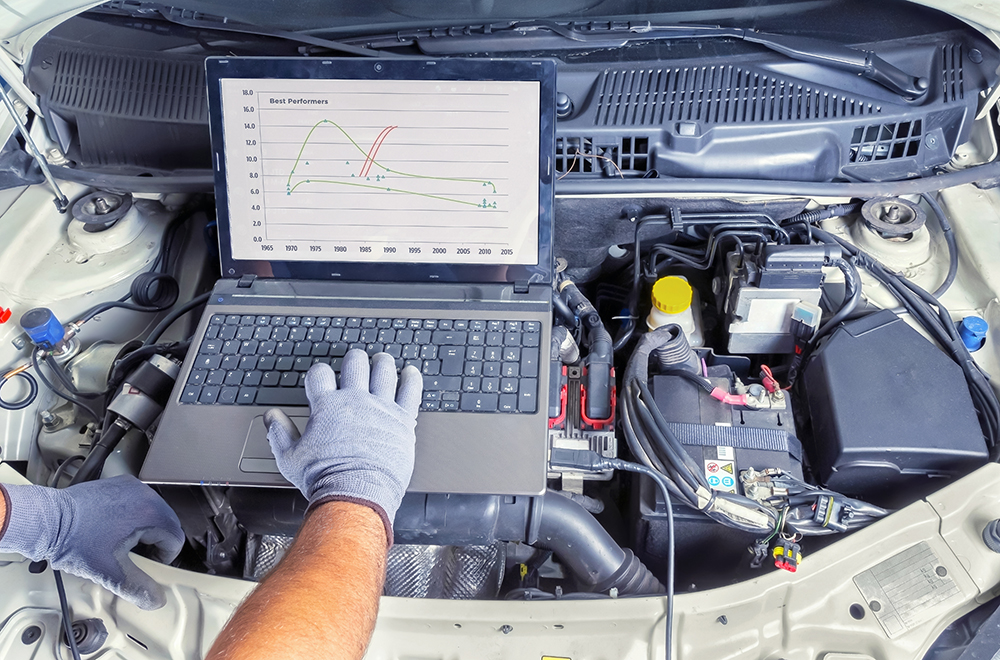Although the benefits of blockchain technology are many, perhaps one of the main ones is the building of trust.
In today’s era, where bots seem to rule the web and every day a new data breach seems to rear its ugly head, the ability to trust that what you see is reality has never been more important.
Enter blockchain.
Back in March of this year, I wrote a blog, Disruptive Innovation and the Acceptance of Blockchain, that discussed this new technology that was originally developed as a way to deal with cryptocurrency like bitcoin.
What was considered a disruptive technology is now, if not going completely mainstream, being accepted by a wide range of businesses, from banks to manufacturers to contractors and more. To reiterate what I said in the earlier blog; blockchain is, for all intents and purposes, a chain of blocks where each block is essentially an individual record of some action taken. Every time a new block is added, the newest block includes a summary of what is on existing blocks, so what happened in the past can’t be changed. That new block is then cryptographically locked and date and time stamped. All nodes have to agree all versions of the ledger are the same, making it difficult to hack, be tampered with, or removed. This is how trust is engendered and strengthened which in turn, creates better relationships between all involved.
Any technology that can prove deserving of trust in today’s hackable environment is welcome. That’s why NationaLease is so pleased that Chris Burris, President of the Blockchain in Transport Alliance (BiTA) was a speaker at one of our recent meetings. The Alliance consists of more than 400 members who develop blockchain standards and education for the freight industry. I covered his presentation in my recent IdeaXchange blog.
Although this technology has been available for approximately ten years, it really came into focus over the past three years as more industries came to appreciate the benefits blockchains affords. Those that work in the supply chain where multiple parties can be involved in every contract were early adopters. According to Burris, early adoption of blockchain in the trucking industry will happen between now and 2030; a period of growth will occur between 2021 and 2025; and full maturity will be reached by 2026.
Besides discussing the uses of blockchain for trucking, which include smart contracts, carrier performance history, cold chain validation and much more, Burris also covered the barriers to adoption of this technology; barriers that BiTA is working to breakdown. He also identified those businesses that may be most negatively impacted by blockchain adoption: non-compliant shippers and carriers; factoring companies, non-compliant brokers, and others. What is clear is that blockchain is not going away, so those that think they can simply ignore it are destined for disappointment and disruption.
Learn more about blockchain by reading my full IdeaXchange blog.





